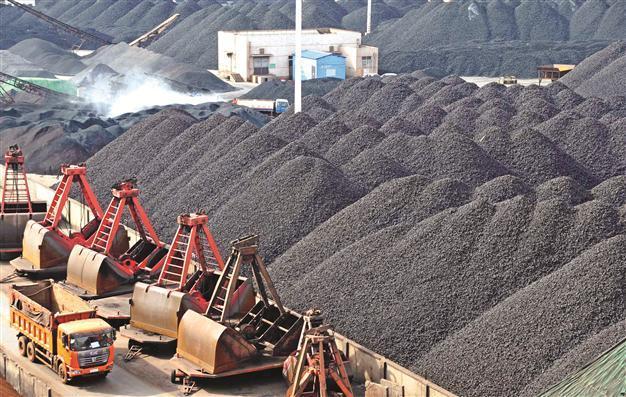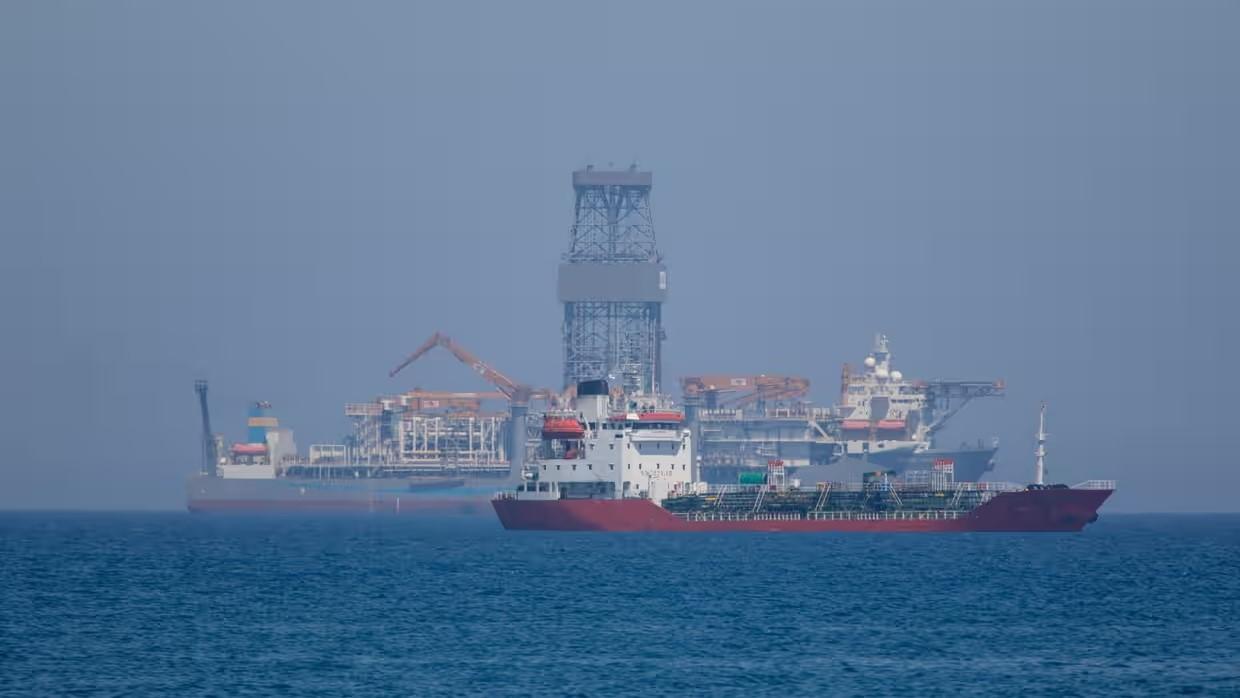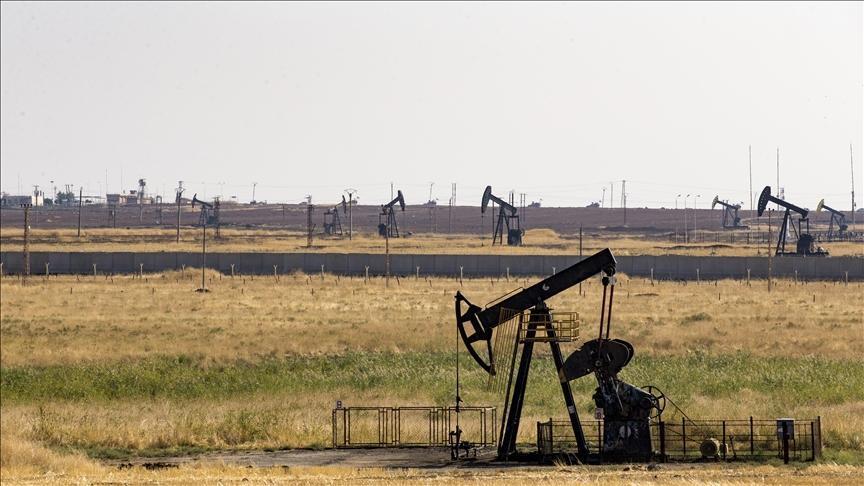Iran ‘silently’ buys coal to make steel
LONDON - Reuters

The European Union has imposed a ban on steel sales to Iran. REUTERS photo
Iran’s coal trade is quietly booming as the Islamic Republic tries to sidestep Western sanctions and prevent its industrial economy from crashing.Tougher measures imposed by the European Union and the United States have tightened the screws on Tehran, which relies on its shipping trade for many imports including food, consumer and industrial goods. Many foreign companies, including shipping firms, have pulled out for fear of losing business in the U.S. and due to the complexities of arranging non-sanctioned deals.
New provider: Ukraine
Despite the setbacks, industry sources say producers in Ukraine are providing Iran with coking coal, also known as metallurgical coal, and coke - key steel ingredients.
“Iranians used to buy a lot of coking coal from Australia to make their own coke but that has stopped now as the big companies there don’t want to do it as they are too exposed,” a British-based coal trade source said. “So Iran went to buy coke from Ukraine,” he added, referring to the concentrated coal used in blast furnaces.
While coal is not directly targeted as a commodity, the European Union imposed a ban on steel sales to Iran last week, making the Islamic Republic’s coal needs more pressing because it now must produce more steel itself.
“Iran is one of the fastest-growing countries in terms of steel production so they need more steel raw materials,” a European based trade source said. “They need to import more (metallurgical) coal and coke,” he said.
Lured by a trade worth nearly $25 million a month, suppliers in Ukraine are aiming to take advantage.
“The US and EU sanctions programs currently in place against Iran are complex and include sanctions against the indispensable marine insurances,” said Jakob Larsen with BIMCO, the world’s largest private ship owners’ association.
“As is often the case, for those who are willing and able to take the risk, the rewards are more likely to be high. In such a market the risk-taker segment will try to find a way out.”
Sources say the trade is complex involving often multiple brokers and diverse payment arrangements including a mix of currencies such as Russian roubles.
“We have been approached to sell some (metallurgical) coal to Iran and they have been buying more lately,” one Ukrainian metallurgical coal producer said.
“We have done some business but not directly, through another country -- Syria and Lebanon,” he said, without providing further details.
Even those looking to do deals with Iran from Ukraine are having to find creative ways to trade, other sources said.
















